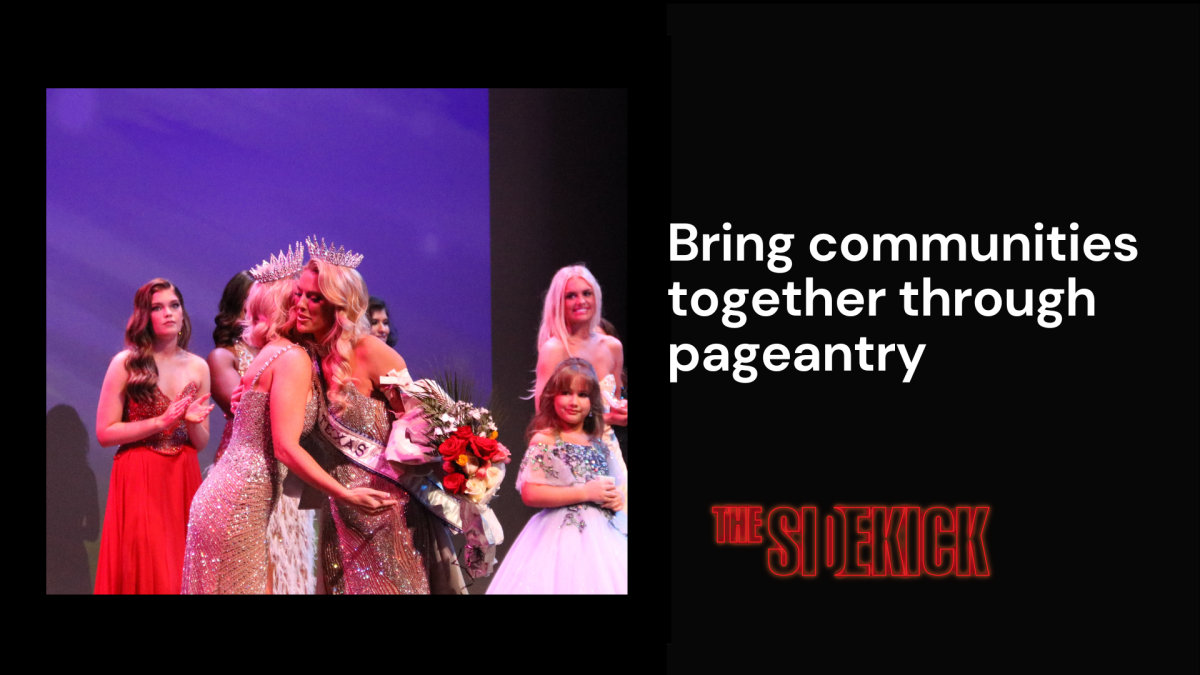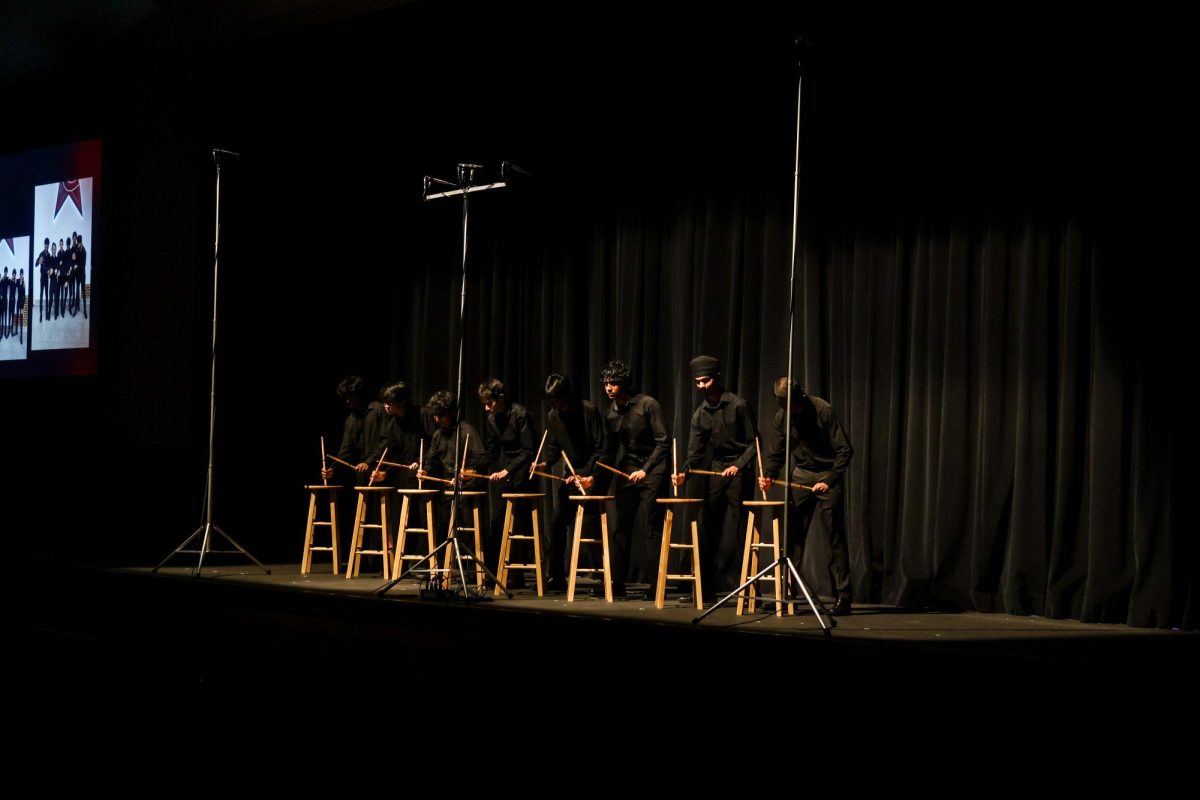By Michelle Pitcher
Editor-in-Chief
It is difficult to imagine a world in which people talk about Fight Club.

The Rocky Horror Picture Show, “Supernatural,” Pulp Fiction, “The X Files” – so many cult-classic films and television shows reached their levels of success by breaking the main rule of the entertainment industry; they made themselves as inaccessible as possible.
It has been the recent trend in media for bands and television producers to try to distance themselves from the mainstream in an attempt to become closer to a smaller fan base. In doing so, these facets of the media are subscribing to the idea that the quality of the viewer is more important than the quantity.
The implications of this trend did not fully hit me until I started watching a quirky little show on NBC called “Community.” It started out just like any other sitcom. The premise was promising – a diverse group of misfits finds an unlikely friendship at their local community college, and several quaint storylines developed.
Around season three, things started to get a little weird. The writers began to experiment with their styles, and the episodes began to feature Claymation and paintball and obscure references to pop culture. Viewers who had been faithful from the start embraced the oddities and saw how they enhanced the show’s character development and kept things interesting. New viewers, however, found themselves lost and confused as to how such a weird show was even still on the air.
“Community” is not the first show to attempt a more obscure brand of comedy; throughout my childhood, I cycled through all seven seasons of “Gilmore Girls” on ABC Family countless times, and each time I rewatched an episode I would understand more of the fast-paced references and the comedic nuance. It made me want to watch more, to become more culturally literate so that one day, maybe, I would be able to fully understand one of Lorelei’s long-winded and quickly delivered rants.
There is no formula for a blockbuster, but there is a formula for a movie a wide audience will enjoy. Everybody enjoys a love story, a story in which the hero prevails. It takes a different type of viewer to enjoy a sting mission, a failed relationship, a lack of resolution.
I have seen too many shows decrease in quality because they wanted to reach a wider audience, to be more accessible. But the entertainment industry is a living, changing entity. The only way any new concepts come to fruition is when writers and producers go out on a limb and try something different – something a little odd.
We, as viewers, should not accept the same storylines rehashed in different settings with the same archetypal characters. We need characters like The Doctor (“Doctor Who”) and Buffy (“Buffy the Vampire Slayer”) to challenge the typical sitcom structure and keep the mainstream flowing with new ideas.








